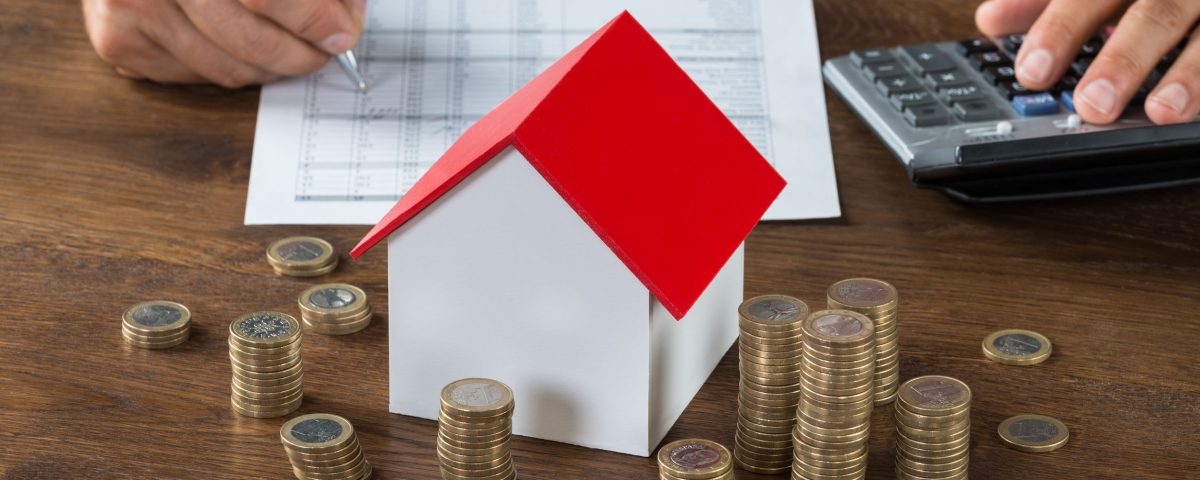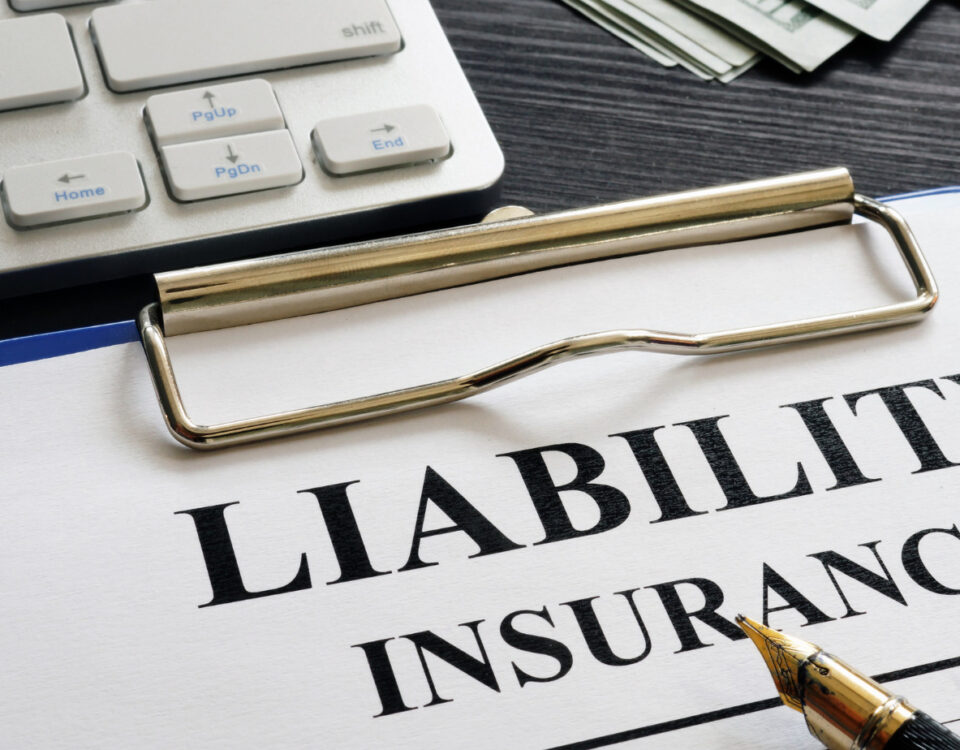- Walk-in Traffic is by Appointment Only - More Details
Income Tax Benefits for Investing in Real Estate

Exclusively for Big League Real Estate Investors
March 4, 2019
What Millennials Want in a Rental Property
March 10, 2019Build wealth. This is generally the real estate investor’s reason for investing, not necessarily to avoid taxes. Appreciation, income generation, and depreciation create wealth in real estate. However, there are a couple of income tax and capital gains tax benefits available for real estate investors.
Depreciation
The Internal Revenue Service recognizes that building components eventually wear out. The IRS allows property owners to depreciate the improvements on the property, but not the land the building occupies. Depreciation provides a mechanism for a property owner to replace, repair or maintain components.
The recognition of depreciation, referred to as “basis” in tax lingo, is to encourage continued investment in the property, so it maintains or increases in value. For example, replacing a furnace will trigger an increase in the basis.
The IRS allows owners of rental properties to depreciate the property on a 27.5 year schedule. What this means for the owner is they have a tax write off of 1/27.5 of the value of the house each year when they file their income tax return.
Here’s an example of how it looks.
Rental Property Value: $100,000
Monthly Rental Rate: $1000
Amount Depreciated: $3636.36 (100,000/27.5)
Total Annual Rental Income: $12,000
Total Repair and other Expenses: $1,000
Depreciation: $3,636.36
Amount of Income Reported to the IRS: $7,363.64
1031 Like-Kind Exchanges
The IRS also allows real estate investors to avoid paying capital gains taxes by utilizing a 1031 like-kind exchange. When an investor sells one of their investment properties, the investor will be responsible for paying the capital gains tax on the profit they made on the property. The profit is determined by the cost basis of the property less the sales price of the property when the investor sells. The current long-term capital gains rate is 15% for married couples with income between $78,751-$488,850.
A way to avoid paying that large capital gains tax it to purchase another like-kind property to replace the investment property the investor is selling. The investor does not receive any funds when they sell their existing property, and those funds are held in escrow until the investor purchases the new property. The new property has to be a similar type of property in order for the IRS to allow the 1031 exchange and avoid the capital gains tax.
There are a few more detailed requirements related to 1031 like-kind exchanges, so please consult with your tax advisor before attempting one of these transactions.
For more articles about real estate investing, visit hendersonproperties.com/henderson-institute/




